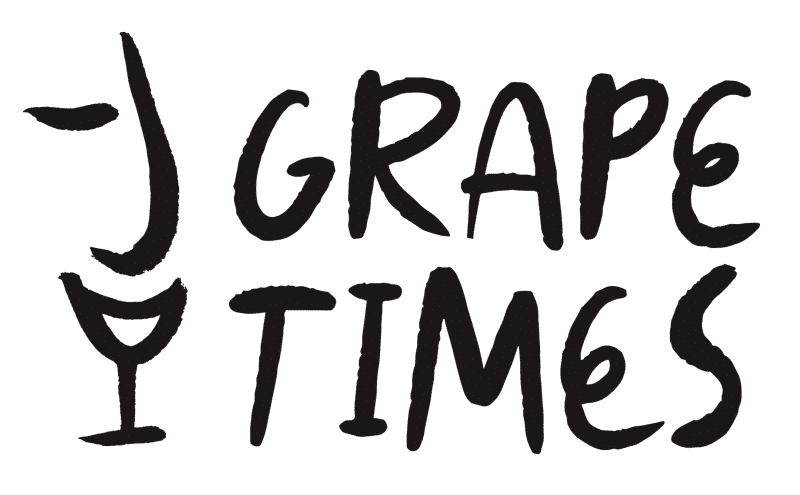Wine is a beloved beverage that people worldwide have enjoyed for centuries. Many wine enthusiasts are familiar with "aging" in wine, but not everyone understands its significance. Wine aging is a natural process that occurs over time and can significantly impact the wine's taste, aroma, and overall quality.
Read on to learn some fundamental reasons for wine aging and why it is an integral part of the winemaking process. Whether a casual wine drinker or a seasoned connoisseur, you will be well-informed about the fascinating world of wine aging.
1. Softening of tannins
Tannins are organic compounds in grape skins, seeds, and stems that give wine astringency and bitterness. When wine is young, tannins can be harsh and overpowering, making the wine challenging to drink. However, as wine ages, tannins gradually break down and become softer, producing a smoother and more complex flavor profile.
This process is known as polymerisation, where tannins combine with other compounds in the wine, forming larger molecules that are less astringent. The softening of tannins is a crucial step in aging, allowing the wine to develop a more balanced and refined taste over time.
2. Development of complex flavors
Wine aging allows the wine to develop new and complex flavors. As the wine ages, it undergoes a chemical process called oxidation, which creates new flavors and aromas. The wine also absorbs flavors from the oak barrels it stores, adding to its complexity.
3. Integration of flavors
When wine is young, its flavors can be disjointed and unbalanced. Wine aging allows the flavors to integrate and become more harmonious. The different elements of the wine, such as the fruit, tannins, and acidity, come together to create a well-rounded wine.
4. Preservation of Wine
The preservation of wine is an important reason for wine aging because wine is a perishable product that can spoil quickly if not stored properly. Aging wine involves keeping it in a controlled environment with constant temperature, humidity, and minimal light exposure.
As the wine ages, it undergoes a slow chemical transformation lasting for years or even decades, resulting in a more complex and refined flavor profile. Proper wine aging requires patience and careful attention to detail, but the result is a wine that is more valuable and enjoyable than when it was first bottled.
When wine is stored in ideal conditions, such as a cool and dark cellar, it can age gracefully for many years. The aging process slows down the wine's development, preventing it from deteriorating and preserving its quality.
5. Investment value
Many wine enthusiasts and collectors believe the longer the wine ages, the better it becomes, ultimately increasing its value. Investing in aged wine has become a popular trend among wine collectors and investors, and it has proven to be a profitable investment. The value of old wine increases significantly over time, especially for rare and exceptional vintages that are difficult to find.
The demand for such wines increases as they become scarcer with age, and their value appreciates. The investment value of aged wine is also influenced by factors such as the winery's reputation, region, and production process. All these factors contribute to the wine's quality, rarity, and investment value.
Conclusion
The process of wine aging is a crucial aspect of winemaking, regardless of one's preference for red or white wine or the age of the wine. Upon opening a bottle of wine, it is recommended to take a moment to acknowledge the meticulous effort and attention invested in its production and savor the unique and delicious flavors that only time can create.
Are you in search of a reliable platform to purchase natural wine online? Look no further than GrapeTimes! With our wide selection of delicious and refreshing natural wines, we will indeed have the perfect bottle for you. Start shopping for your new favorite wine today! Cheers!

